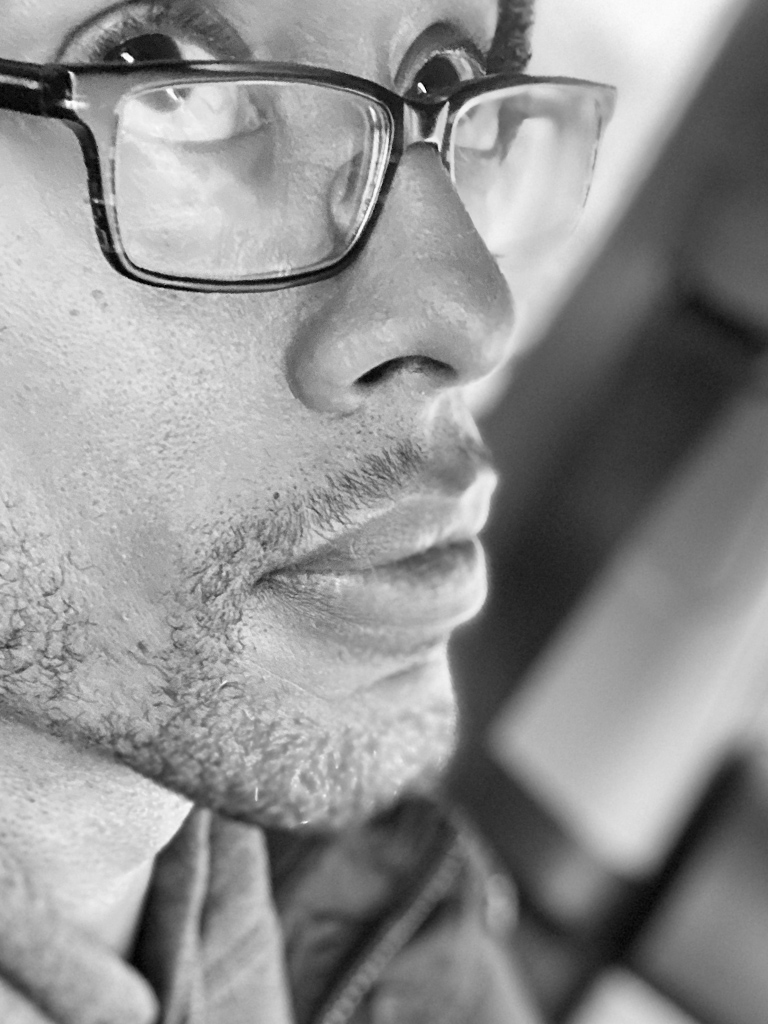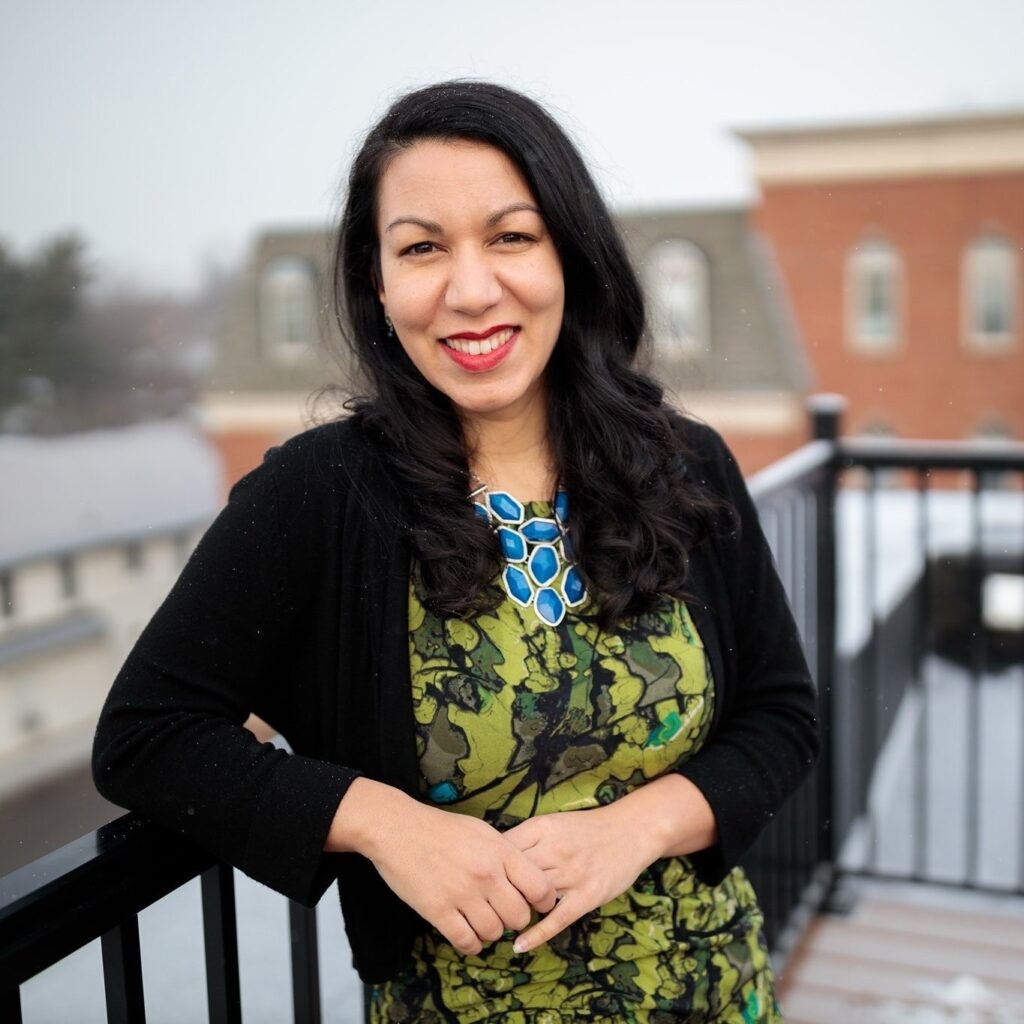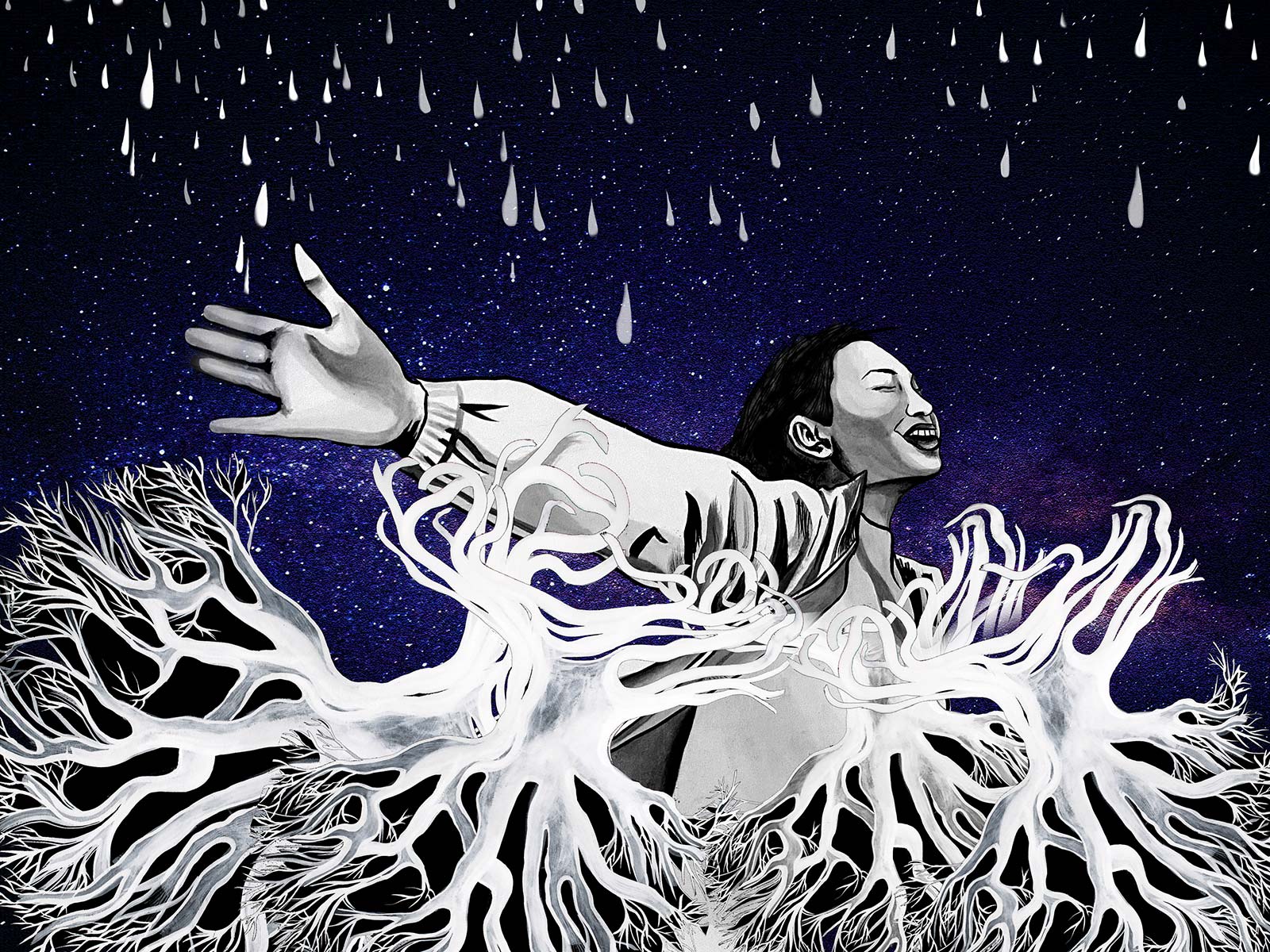
- This event has passed.
April 21, 2021 @ 7:00 pm – 8:30 pm EDT
What does race have to do with it? Barriers to civic engagement and equity in Vermont
Delma Jackson, Senior Fellow at the Center for Whole Communities, and Vermont State Senator Kesha Ram talked race, civic engagement, and the humanities. The speakers reflected on how our history and policies have contributed to creating, maintaining–and disrupting–systems of oppression, and considered how entrenched ideas and practices continue to interfere with full civic engagement within global majority communities. Finally, they discussed specific efforts to remove barriers to engaging BIPOC Vermonters. Parts of that conversation appear in the Vermont Humanities Council podcast episode linked below.
This conversation is part of the 2020-2021 Vermont Civics Collaborative initiative of the Vermont Humanities Council.
DELMA JACKSON is an activist, facilitator, writer, counselor, and lecturer with the Center for Whole Communities.
READ MORE ABOUT DELMA HERE
Delma writes, “I’ve spent years engaging in historical analysis and social justice work–watching myself transform from someone singularly focused on racial justice into an ever larger “tent” focusing on the ways in which history bears out the way oppression mimics itself across a variety of social identities. With each new realization, I’m constantly being challenged and challenging others to see our interconnectedness. My goal is always to bring history into the present and demonstrate the ways in which El-Hajj Malik El-Shabazz (Malcolm X) was correct in arguing that, “of all our studies, history is in the best position to reward our research.”
Delma’s bio can be found on our team page.
KESHA RAM is a Vermont State Senator serving Chittenden County, where she is the first woman of color and youngest woman in history to have a seat in the State Senate.
READ MORE ABOUT KESHA HERE
Ram received a BS in Natural Resource Planning and a BA in Political Science from the University of Vermont in 2008, where she was Student Government Association President and graduated magna cum laude. Kesha earned her Master of Public Administration from the Harvard Kennedy School of Government in 2018. Her career in Vermont has spanned preschool education, legal advocacy for victims of domestic violence, and municipal civic engagement. She currently works to build social equity and inclusion in non-profit organizations, businesses, school districts, and municipalities.
Kesha served in the Vermont House of Representatives on behalf of Burlington, Chittenden District 6-4 from 2008 to 2016, where she sat on the House General, Housing & Military Affairs and Ways & Means Committees, and as Vice Chair of the House Natural Resources & Energy Committee. She has also served as Co-Chair of the Vermont Attorney General’s Immigration Task Force, and as a member of the boards of Emerge Vermont, the Main Street Alliance of Vermont, Planned Parenthood of Northern New England, the Regenerative Food Network, and the Vermont Natural Resources Council. This year, she was honored to be one of Vermont’s three electors in the Electoral College, casting a vote for 46th President Joseph R. Biden and history-making Vice President Kamala D. Harris.
Kesha lives with her fiancé, Jacob Hinsdale, who grew up on Country Cedars Farm in Charlotte, and their dog, Miso.
And finally, some notes on what’s informing our thinking on civics and the humanities, from an early conversation of the Vermont Civics Collaborative, facilitated by Meg Mott.
READ MORE
Here’s a collage of our discussion on civics without the humanities. Many of you spoke about the need to understand history, not just any history but one that offered a “complex picture,” or that followed the Highlander grass-roots approach. Any civics effort that did not “know the background” or made “decisions without context.” was suffering from a humanities deficiency. We also heard that language that is “unconscious” of its colonial/racist origins drains civics of its humanity. But how would we know if language could ever be redeemed? The words “civics” and “humanities” were interrogated and found to come up short. No matter what we do, our public efforts will always “look the same.”Many of the comments spoke to the inner life: When there is a “lack of reflection,” “when we don’t understand who we are,” when there is a “disconnection of head and heart,” when “base emotions” are in charge, so that “individual need and self-interest” override broader concerns, that’s when we know that we have lost our way. No wonder that we feel “impoverished” with this type of civics! A poem that captures the lack of humanity so often in our public life was offered:
“It is difficult to get the news from poems yet men die miserably every day for lack of what is found there.” William Carlos Williams
And an image: “a pile of bodies with one victor at the top.”
… use the language that aligns with your inner compass.… a civics that is conscious of language, self-reflective, aware of the many histories that populate this land, aligns heads and hearts, and can offer a poem or a visual image, is the kind of civics worth fighting for.”
Featured image used under Creative Commons license (CC BY-SA 4.0)


